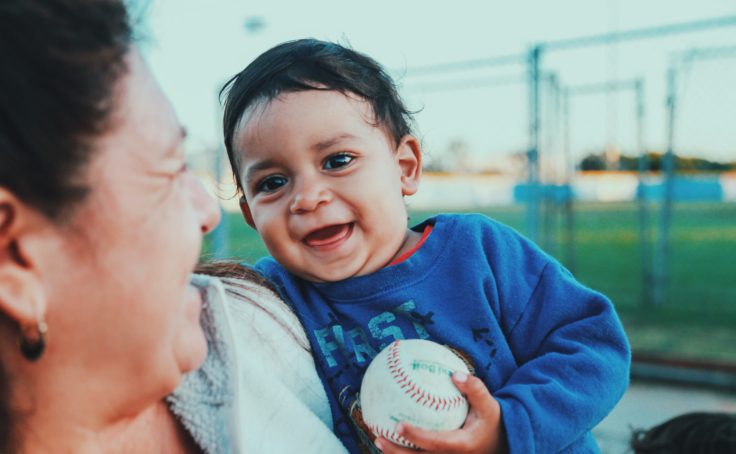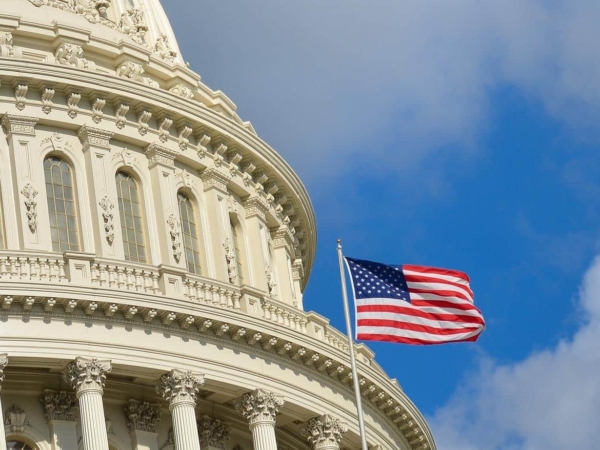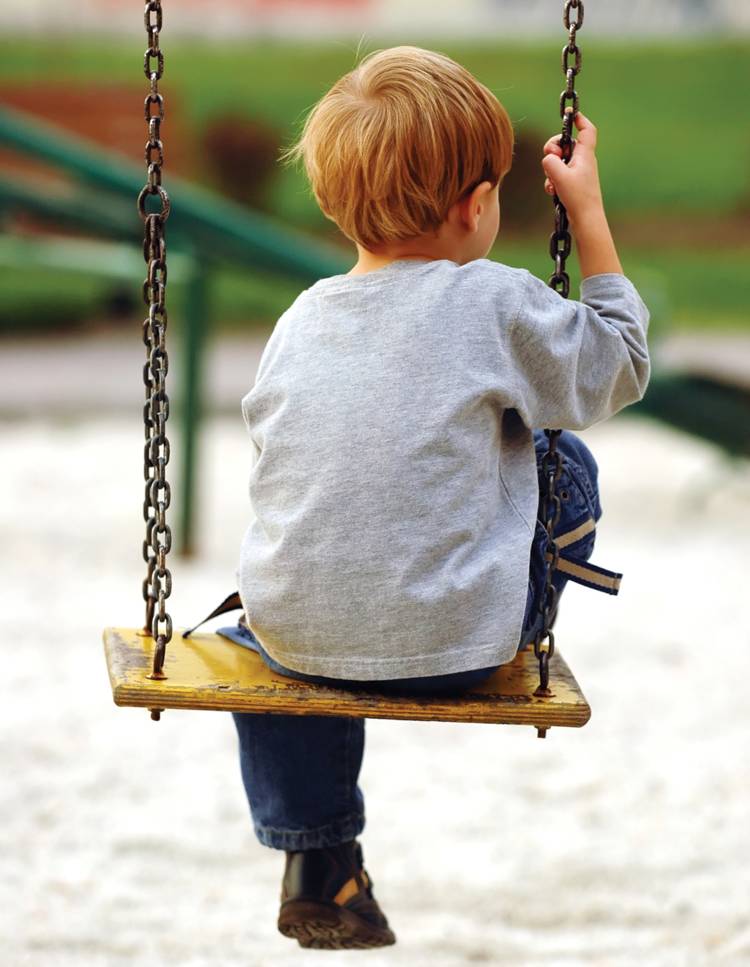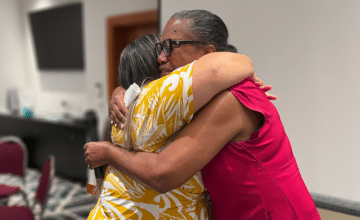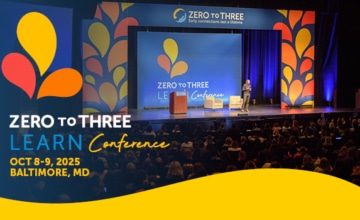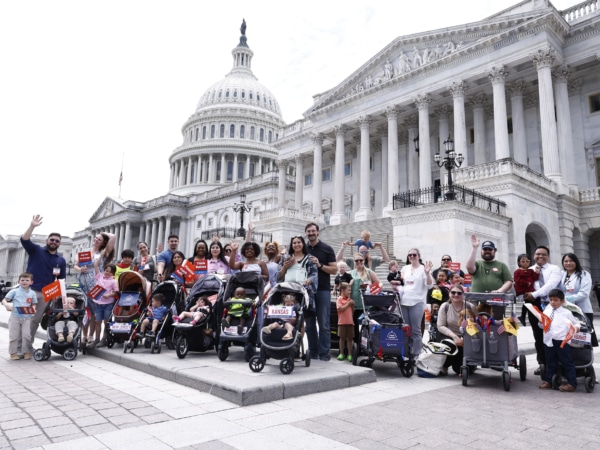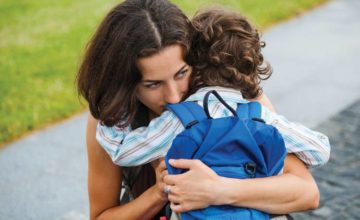Young children and their families can experience deep trauma, which may have long-term effects on their well-being and development. Since babies and toddlers often struggle to express their emotions, caregivers and professionals must interpret a range of unexpected or unusual behaviors. Providing effective support in these situations requires expertise, compassion, and access to specialized resources and services.
This resource center is designed for early childhood development professionals working with families affected by deportation, forced separation, or the challenges of mixed-status households. It provides trauma-informed guidance, tools, and connections to help professionals support the unique developmental and emotional needs of young children and their caregivers.

